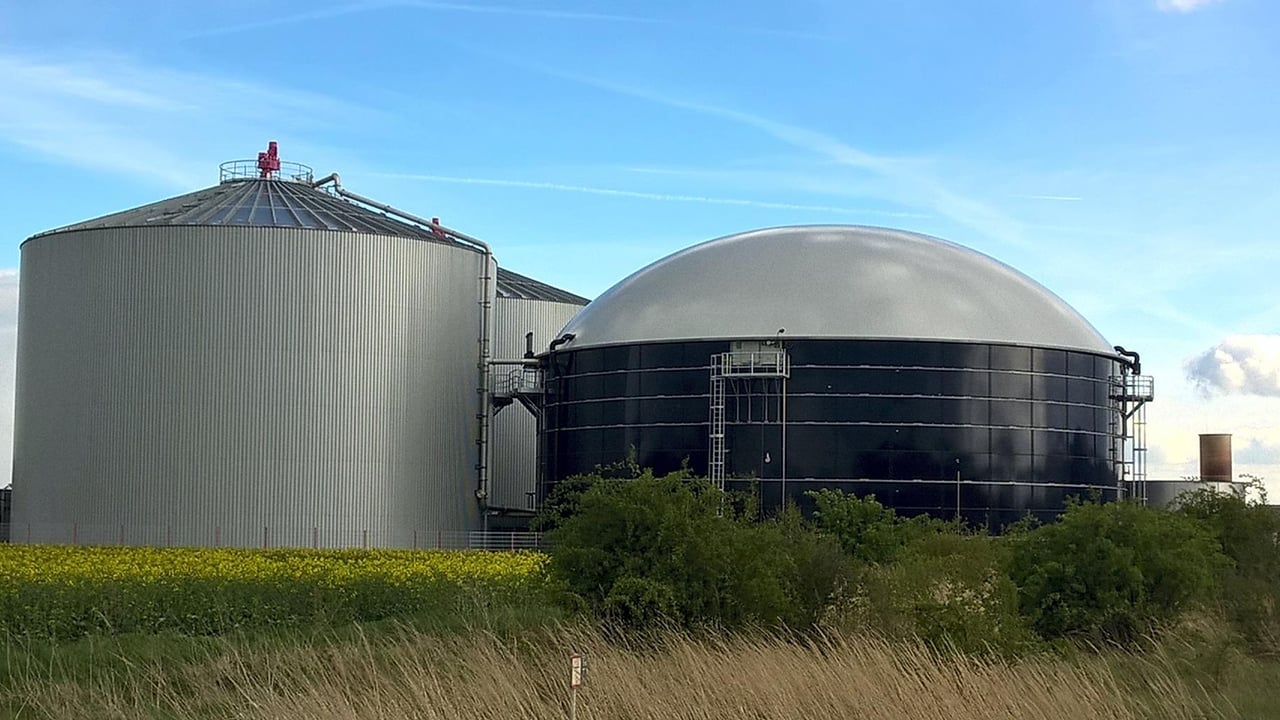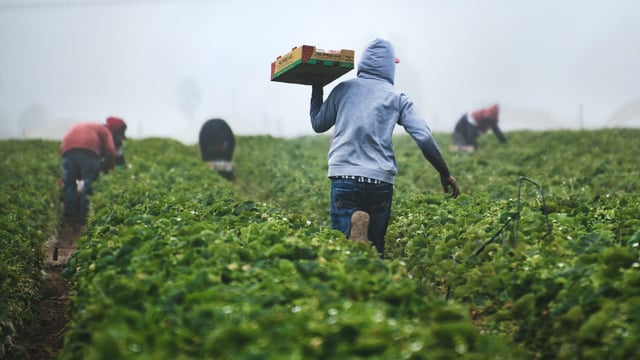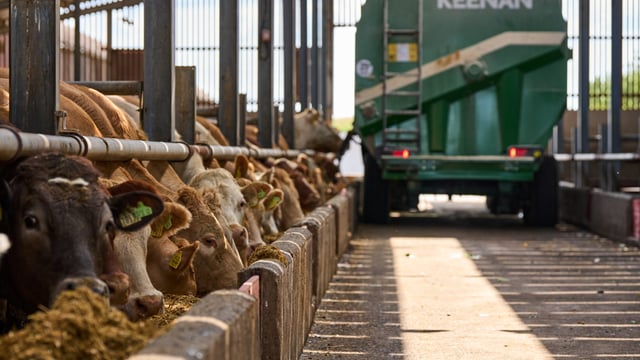Renewable Heat Obligation Scheme to be in place next year
Minister for the Climate, Energy and Environment, Darragh O'Brien has secured government support for the introduction of the Renewable Heat Obligation Scheme (RHO).
The government has also given its approval to commence drafting of the Renewable Heat Obligation Bill 2025.
The bill will provide a legislative basis for administration of the scheme next year - 2026.
Set to be in place until 2045, the RHO will obligate suppliers of fossil fuels used for heat to demonstrate a proportion of the energy they supply is from a renewable source.
This will support emissions reductions in Ireland's heat sector and contribute significantly towards meeting national climate and energy targets.
As Ireland imports most of its fossil fuels, the heating sector is a significant contributor to the country's high energy import dependency.
The RHO aims to help to reduce reliance on imported fossil fuels and strengthen energy security.
A secondary objective of the RHO is to support the delivery of government’s commitment for up to 5.7 TWh of biomethane to be produced in Ireland per annum by 2030.
In addition to approving priority drafting of the bill, the government also reaffirmed its commitment to supporting the indigenous biomethane sector.
Identified as a key renewable fuel under the scheme, biomethane will provide a significant contribution as the country looks to diversifying gas supply.
Biomethane production activity will largely occur in rural areas, with the potential to develop a sector of significant scale to benefit the rural economy in Ireland, the Department of Climate, Energy and Environment said.
The bill includes a specific measure to provide support to indigenously-produced biomethane, encouraging obligated parties to procure supplies from domestic producers.
This measure will be subject to formal notification at EU level and require justification for its inclusion.
In tandem with the drafting process, the Department of Climate, Energy and the Environment will engage with the EU Commission to ensure compliance with EU Single Market rules.
The RHO heads of bill sets out the necessary functions and provisions of the recently appointed scheme administrator – the National Oil Reserves Agency.
The bill provides detail on opening obligation rates of 1.5% in year one, and 3% in year two.
While no final target level has been set, obligation rates are expected to increase ambitiously following a full scheme performance and market review in year three, the department said.
Minister O'Brien said: "I welcome the support shown for the introduction of the RHO, and input received from key stakeholders as part of the design process across the last number of years.
"Insights shared have provided valuable information – ensuring we provide the required level of support to our newly emerging renewable fuel markets and appropriately manage the resulting impact on end-consumers.
"As we begin the drafting process over the course of the next few months, my officials intend to maintain ongoing engagement at EU level – to ensure the scheme is fully aligned with EU trade principles.
"Approval of the general scheme by government will now aid investment in our domestic renewable fuel industry, leading to indirect job creation, particularly across the rural economy in Ireland, helping to stimulate and sustain rural communities.”
While biomethane production has been deployed across Europe at significant scale, it is at a nascent stage of development in Ireland.
Currently, Ireland has only two operational biomethane facilities injecting biomethane into the national gas network.
The volume of biomethane injected is small, equating to circa 75 GWh per annum, which is equivalent to 0.001% of Ireland’s current gas demand.
The 5.7 TWh biomethane target would equate to 10% of Ireland’s current gas demand.
While much of the emissions savings of biomethane used in the system can be counted in the energy sector, clear benefits from the production of this renewable gas can also be achieved in the agricultural sector, according to the Department of Climate, Energy and Environment.
Biomethane production provides significant opportunities to reduce agricultural carbon emissions by offering diversification options to farmers, reducing the consumption of chemical fertiliser through the production of the biomethane by-product digestate.
As set out in the National Biomethane Strategy, government has committed to a biomethane sector support package of two capital grant programmes, and the introduction of the RHO, which was identified as a key demand side incentive to support delivery of approximately 10% of Ireland’s current gas demand.





